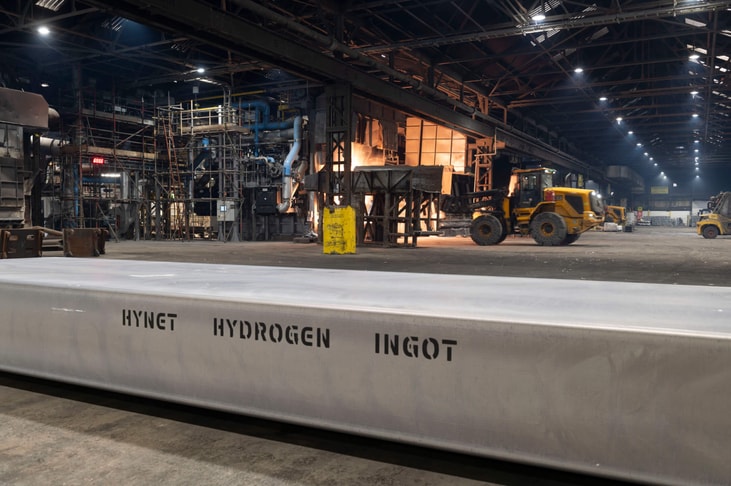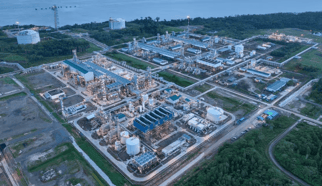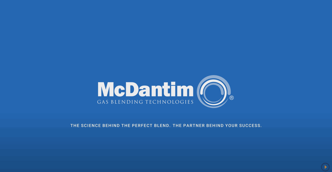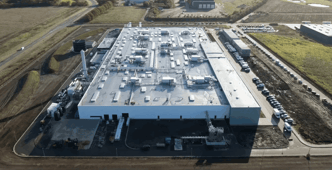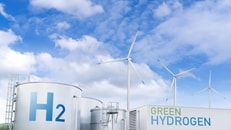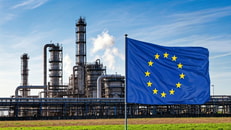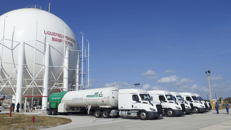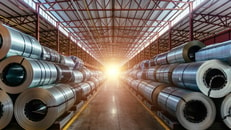Novelis demonstrates UK’s first hydrogen fuel switch in aluminium plant
Aluminium processing firm Novelis has completed the UK’s first full-scale hydrogen fuel switching demonstration in the aluminium industry at its Latchford plant, marking a major step toward industrial decarbonisation.
The two-week trial, funded by the UK Department for Energy Security & Net Zero (DESNZ) under the Industrial Fuel Switching (IFS) Competition, involved converting a natural gas furnace to operate flexibly on hydrogen.
Allan Sweeny, Plant Manager at Novelis Latchford, said, “It demonstrated that we can adapt our existing infrastructure to run on hydrogen without compromising safety, quality, or performance. It’s a practical step forward in reducing our site’s carbon footprint and preparing for a low-carbon future.”
And the demonstration confirmed that hydrogen can be safely delivered and combusted in aluminium recycling furnaces.
Existing infrastructure was successfully adapted, product quality remained consistent, and dual-fuel burners allowed for operational flexibility. Novelis partnered with Progressive Energy to deliver the project over a two-year period.
The trial underscored the need for robust infrastructure to support bulk hydrogen supply and distribution. Mechanisms like the UK’s Low Carbon Hydrogen Agreement are a positive start, but widespread transport and storage networks would be needed for industrial decarbonisation in the North West of England.
The successful execution of the programme gives Novelis the technical confidence it could eliminate up to 45,000 tonnes of direct CO₂ emissions annually at the Latchford site, contingent on hydrogen availability.
Future deployment depends on connection to the region’s HyNet hydrogen network, expected from 2031, or on-site electrolytic production. Two new carbon capture projects recently entered negotiations to join the HyNet cluster.
In parallel, Novelis is investing approximately $90m to double the recycling capacity for used beverage cans at Latchford. This expansion will increase capacity by 85 kilotonnes per year and reduce Novelis Europe’s CO₂e emissions by more than 350,000 tonnes annually.

